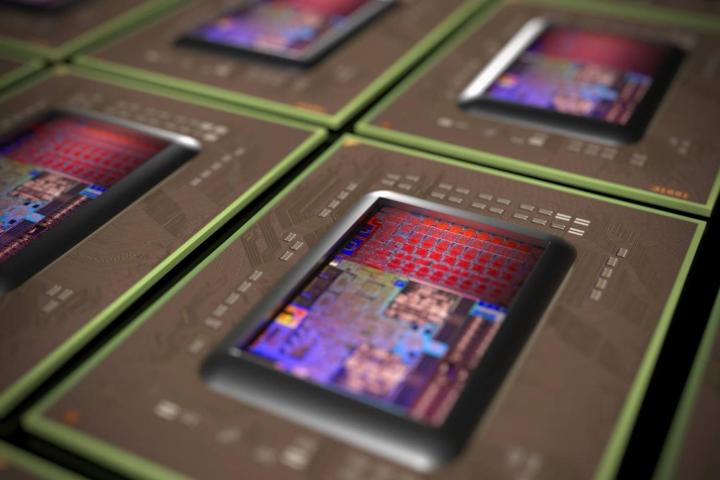
The appeal of an APU is that it combines two of the components typically found in a computer; the CPU and the GPU. This allows the two to work in sync, with an improved transfer rate increasing the overall processing speed of the system.
AMD’s interest in the APU can be traced back to the company’s acquisition of graphics specialist ATI in 2006. Since then, the company has worked on refining the tech so that it can be offered in rigs targeted at different users, with the Pro line being squarely aimed at businesses and commercial use.
However, the components themselves aren’t all too different from the standard APU that AMD would sell to an individual — the business specialization comes with the extra services that the company offers to Pro users. Security is key here, with TrustZone technology being implemented to keep the APU just far enough away from any threats.
The top-level model of the Pro APU boasts 4 CPU cores and a max CPU frequency of 3.4 GHz, according to a report from TechSpot. This is complemented by 8 GPU cores with a max GPU frequency of 800 MHz, as well as a DDR3-2133 memory module.
Despite AMD’s vigor in pushing the APU forward, it remains to be seen whether consumers are as eager to ditch their CPUs and GPUs — particularly in the business sphere. While the company is keen to pitch the component as an improvement over two separate pieces, there are plenty of people out there who would argue that it’s a compromise.



